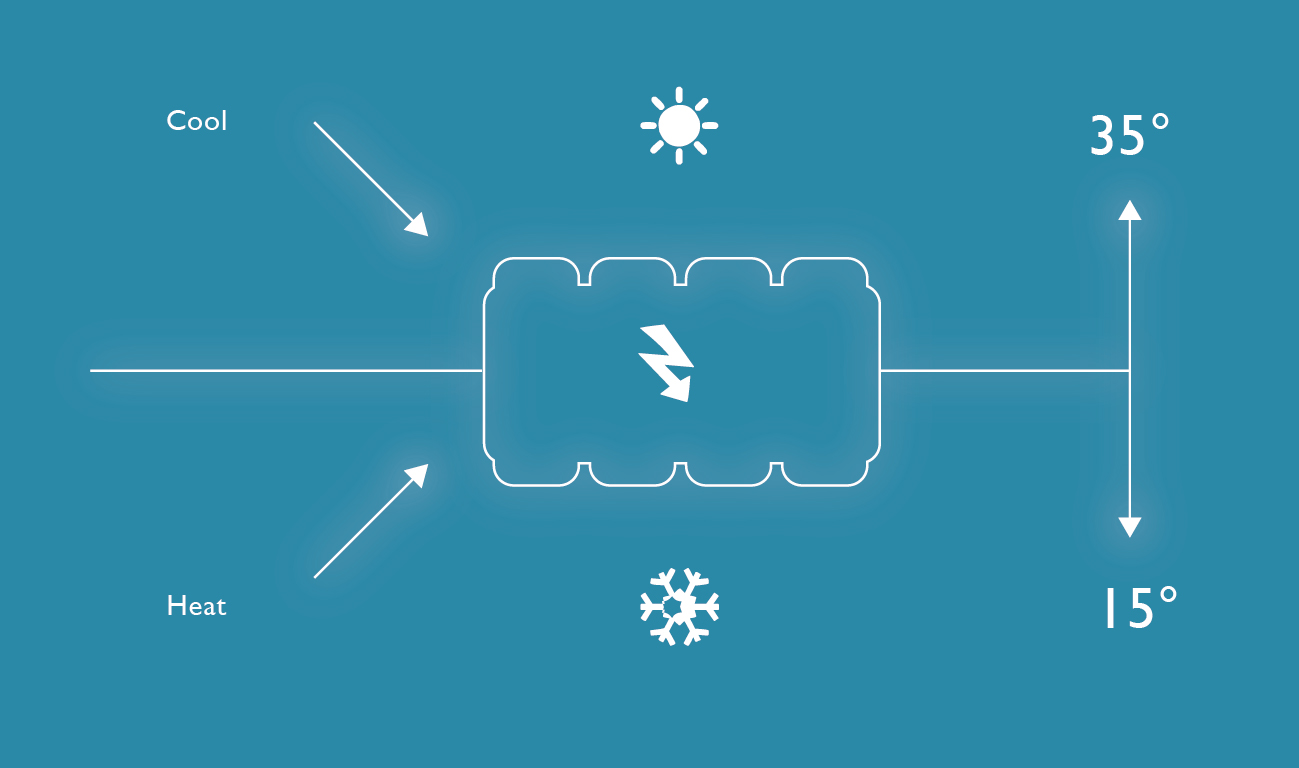
BATTERY COOLINGBattery temperature: adapting to the requirements of each manufacturer
Car manufacturers regularly call on ARIAMIS to support them in assessing and implementing battery thermal management solutions for hybrid or electric vehicles.
THERMAL ENGINEERING CONCERNS ALL BATTERIES
If a battery’s optimal operating range is between 15 and 35 degrees Celsius, ARIAMIS thermal engineers must permanently adapt the cursor to the specification constraints supplied by each manufacturer. This starts with a perfect knowledge of the different battery technologies. Apart from the lead battery that supplies a standard combustion engine’s electric system, today there are several variants from Lithium Ion and Nickel Cadmium technology that are used for electric and hybrid vehicles. MiMH, NiZn, LiFePO4… each one has its strengths and weaknesses (power, autonomy, service life, impact on the environment, cost, etc.). In every case, the design department will set up a thermal management system calibrated as finely as possible depending on each battery specification, but also on the cooling solutions the manufacturer requires.
ACCURATELY ASSESSING AND ADAPTING EACH COOLING SOLUTION
Amongst the constraints in the specifications ARIAMIS engineers are sent is the battery cooling technology being considered by the manufacturer. Here too, there are advantages and disadvantages that need to be controlled in order to correctly assess the solutions proposed by the different equipment manufacturers. Air cooling will demand sufficient spacing between the battery modules, whereas water cooling will need a certain quantity of liquid to run correctly. The effectiveness of cooling solutions will always be the subject of in-depth simulation, as will the temperature rise solutions. In all cases, ARIAMIS will bear in mind the ideal target operating range, and will even propose battery rack architecture modifications in compliance with the available volume constraints. ARIAMIS also closely looks at cooling by phase change materials in order to effectively support the manufacturers who wish to implement this innovating technology.
|
ALTERNATIVE ENERGY
Natural gas, LPG, hydrogen, electricity… optimising energy management from storage down to the engine ROAD
Over 10 years of thermal expertise to develop vehicles driving all over the world |
















